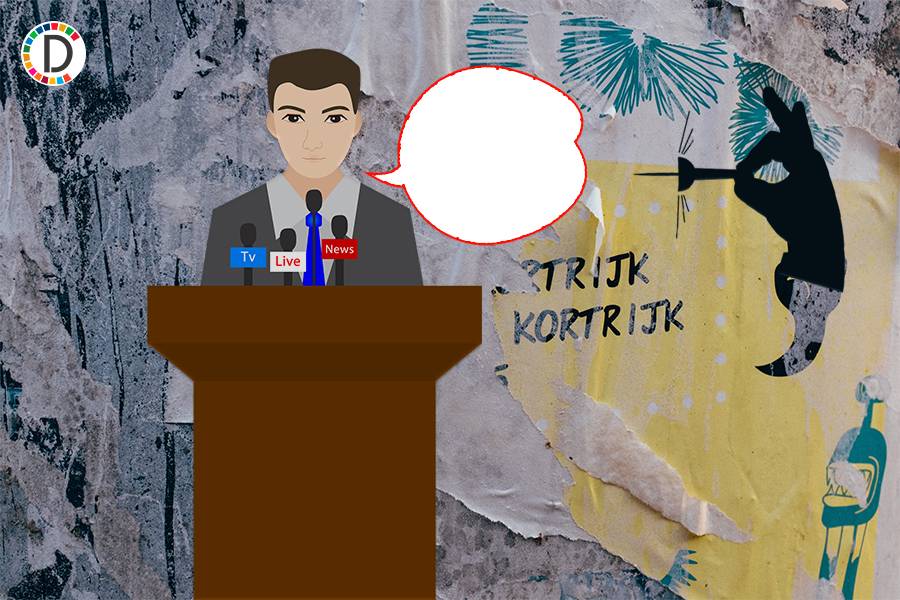South African Elections: ANC Faces Historic Loss After 30 Years
Official results indicate a significant decline in support for the African National Congress (ANC), ending its 30-year majority rule in South Africa. Voters expressed their dissatisfaction with unemployment, inequality, and power shortages, reducing ANC's vote share to 40%. Coalitions are now necessary to form a new government.

Official results from South Africa's election were expected to confirm on Sunday the end of the African National Congress' 30 years of majority governing and start the clock on a race to form a new ruling coalition. Voters, angry at joblessness, inequality and power shortages, slashed support for the ANC - the former liberation movement of the late Nelson Mandela - to 40% in Wednesday's election, down from 57.5% in the 2019 parliamentary vote.
That means it must now share power, likely with a major political rival, in order to keep it - an unprecedented prospect since the end of white minority rule in 1994. From the official announcement of results expected on Sunday evening, political parties will have two weeks to work out a deal before a new parliament sits to choose a president, who would likely still emerge from the ANC as the biggest party.
"The ANC is committed to the formation of a government that reflects the will of the people, that is stable and that is able to govern effectively," Fikile Mbalula, the party's secretary general, said at a press briefing on Sunday. He said the ANC would be having discussions both internally and with other parties to create national and provisional governments "that reflect the will of the people and that are able to take the country forward".
However, he said that the ANC would not bend to pressure from other parties that incumbent President Cyril Ramaphosa must step down as a condition for forming a coalition. "That is a no-go area," he said.
The ANC's performance has fuelled speculation that Ramaphosa's days might be numbered, either due to the potential demands of a prospective coalition partner or as a result of an internal leadership challenge. 'LIE OF THE LAND'
Counting from the May 29 poll was almost complete on Sunday morning, with results in from 99.9% of polling stations. Before Wednesday, the ANC had won every national election by a landslide since 1994, but over the last decade its support has dwindled as the economy stagnated, unemployment rose and roads and power stations crumbled.
The main opposition party, the Democratic Alliance (DA), had 21.8% of votes in last week's election. uMkhonto we Sizwe (MK), a new party led by former President Jacob Zuma, managed to take 14.6%, doing most of the damage to the ANC. The far-left Economic Freedom Fighters (EFF), led by former ANC youth leader Julius Malema, got 9.5%.
Both the DA and the small Inkatha Freedom Party said their leadership would meet separately on Sunday to discuss their next steps. "The DA is awaiting the final results. Once those are certified, we will look at the final lie of the land, and the structures of the party are meeting to determine the next way to proceed," said DA spokesperson Charity McCord.
There were, however, no coalition talks yet underway with any party, she added. Mbalula said the ANC's leadership would meet on Tuesday for discussions on the way forward.
Despite doing better than almost anyone expected, MK said it was considering challenging the results in court. (Additional reporting by Wendell Roelf in Cape Town; Writing by Joe Bavier; Editing by Emelia Sithole-Matarise)
(This story has not been edited by Devdiscourse staff and is auto-generated from a syndicated feed.)










